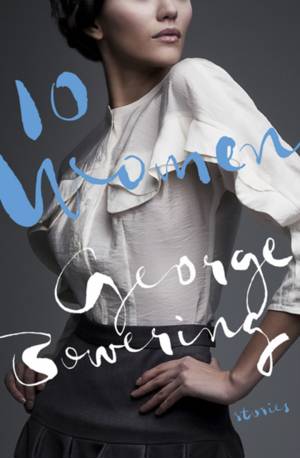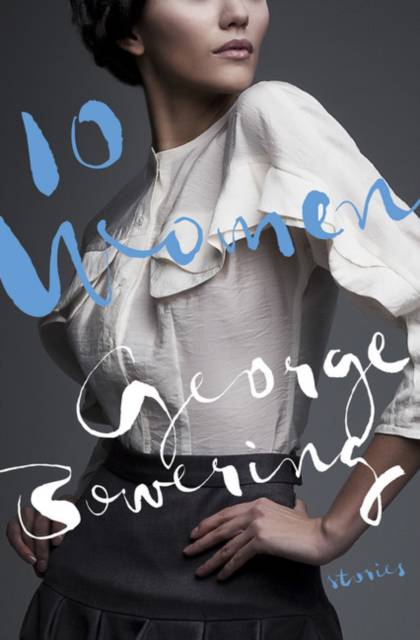
- Afhalen na 1 uur in een winkel met voorraad
- Gratis thuislevering in België vanaf € 30
- Ruim aanbod met 7 miljoen producten
- Afhalen na 1 uur in een winkel met voorraad
- Gratis thuislevering in België vanaf € 30
- Ruim aanbod met 7 miljoen producten
Zoeken
Omschrijving
Fiction. 10 WOMEN is George Bowering's brand new collection of short fiction. Each of these stories offers us a portrait of a woman with whom he may or may not have had either an intimate and/or a meaningful relationship. You can't really tell for sure. Depending on your proclivities, some of them might even seem pretty hot-like the lurid fantasies that illustrate the covers of paperback novels, the ethereal intellectual beauties that emanate from poetic fields of asphodels, or the petit bourgeois housewives that litter Alice Munro stories, these ten characters remind us that for every fetish there's a partner.
the maestro is at it again --The Vancouver Sun
This is a rarity in [short story] collections; an elegantly structured book with a central theme general enough to let the author run totally amok while maintaining a satisfying sense of unity overall.--BC BookLook
Even when Bowering's characters insist on gendered difference in thinking, his method expresses the opposite ... Here, the women are very specific and so, importantly, are the narrators. Within that narrative specificity, the 'I' becomes ungendered; the stories reflect upon the subject of the gaze.--The Globe and Mail
the maestro is at it again --The Vancouver Sun
This is a rarity in [short story] collections; an elegantly structured book with a central theme general enough to let the author run totally amok while maintaining a satisfying sense of unity overall.--BC BookLook
Even when Bowering's characters insist on gendered difference in thinking, his method expresses the opposite ... Here, the women are very specific and so, importantly, are the narrators. Within that narrative specificity, the 'I' becomes ungendered; the stories reflect upon the subject of the gaze.--The Globe and Mail
Specificaties
Betrokkenen
- Auteur(s):
- Uitgeverij:
Inhoud
- Aantal bladzijden:
- 192
- Taal:
- Engels
Eigenschappen
- Productcode (EAN):
- 9781772140316
- Verschijningsdatum:
- 30/11/2015
- Uitvoering:
- Paperback
- Formaat:
- Trade paperback (VS)
- Afmetingen:
- 145 mm x 218 mm
- Gewicht:
- 272 g

Alleen bij Standaard Boekhandel
+ 47 punten op je klantenkaart van Standaard Boekhandel
Beoordelingen
We publiceren alleen reviews die voldoen aan de voorwaarden voor reviews. Bekijk onze voorwaarden voor reviews.








